Guinea pig fertilizer?
sootspritegirl
14 years ago
Related Stories

GARDENING GUIDESGet on a Composting Kick (Hello, Free Fertilizer!)
Quit shelling out for pricey substitutes that aren’t even as good. Here’s how to give your soil the best while lightening your trash load
Full Story
GARDENING GUIDESHow to Switch to an Organic Landscape Plan
Ditch the chemicals for a naturally beautiful lawn and garden, using living fertilizers and other nontoxic treatments
Full Story
GARDENING GUIDESThe Poop Scoop: Enrich Your Soil With Good Old Manure
Get over the ick factor already — this natural super-ingredient for soil has so many benefits, you'll wonder why you ever went chemical
Full Story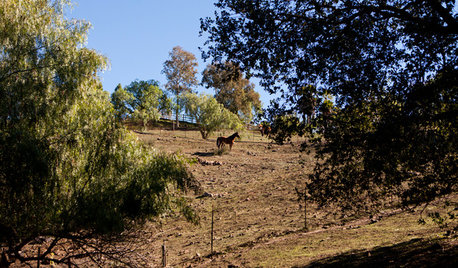
ECLECTIC HOMESHouzz Tour: Design Harmony for an Animal Rescue Ranch
Once dark and slapped together, this Malibu home now has balance and connection while keeping its jeans-and-boots comfort
Full Story
HOLIDAYSFather's Day Extravaganza! 19 Glorious Man Spaces by Houzzers
Guitars, beer, games and sports memorabilia fill these unabashedly masculine rooms for men of all ages and tastes
Full Story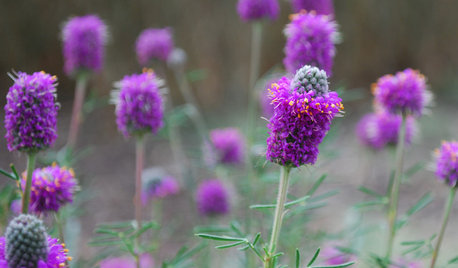
GARDENING FOR BUTTERFLIESGreat Design Plant: Purple Prairie Clover
Bees and butterflies and color, oh my! This cheery native perennial will energize your landscape
Full Story
KITCHEN DESIGNCockadoodledoo! Roosters in the Kitchen
Add Country Charm and Good Luck With a Chicken in the Cucina
Full Story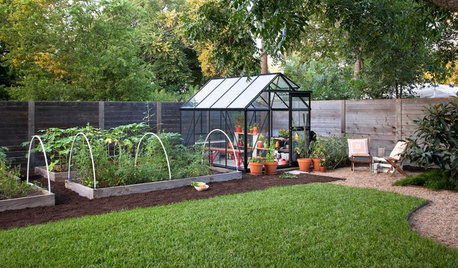
EDIBLE GARDENSA Formerly Weedy Lot Now Brims With Edibles and Honeybees
Photographers transform their barren backyard into an oasis filled with fruit, vegetables, honey, eggs and more
Full Story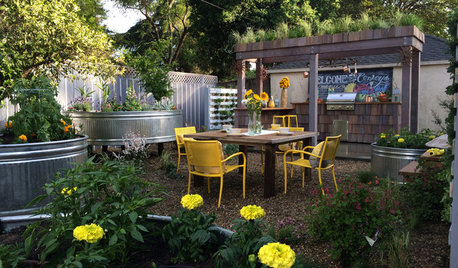
FARM YOUR YARDRemake Your Backyard Into a Mini Farm
You can get a taste of country life by line-drying your laundry, growing some produce or going whole hog with the critters
Full Story
GARDENING GUIDESNew Ways to Think About All That Mulch in the Garden
Before you go making a mountain out of a mulch hill, learn the facts about what your plants and soil really want
Full StoryMore Discussions







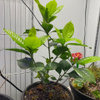
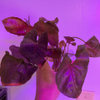
dellis326 (Danny)
cactusmcharris, interior BC Z4/5
Related Professionals
Summit Landscape Architects & Landscape Designers · Peabody Landscape Contractors · Barrington Landscape Contractors · Byram Landscape Contractors · Dallas Landscape Contractors · El Segundo Landscape Contractors · El Sobrante Landscape Contractors · New Cassel Landscape Contractors · Riverview Landscape Contractors · South Lake Tahoe Landscape Contractors · Whitehall Landscape Contractors · Woodburn Landscape Contractors · Kingsburg Landscape Contractors · Hercules Interior Designers & Decorators · Morton Grove Interior Designers & DecoratorsMentha
tapla (mid-Michigan, USDA z5b-6a)